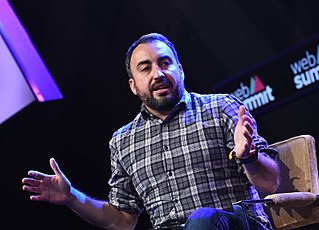A Quote by Alexandra Elbakyan
It may be well possible that phished passwords ended up being used at Sci-Hub. I did not send any phishing emails to anyone myself. The exact source of the passwords was never personally important to me.
Related Quotes
The NSA has built an infrastructure that allows it to intercept almost everything. With this capability, the vast majority of human communications are automatically ingested without targeting. If I wanted to see your emails or your wife's phone, all I have to do is use intercepts. I can get your emails, passwords, phone records, credit cards.
I think that whether I can be a Russian spy is being investigated by U.S. government since they learned about Sci-Hub, because that is very logical: a Russian project, that uses university accounts to access some information, of course that is suspicious. But in fact Sci-Hub has always been my personal enterprise.
The U.S. government is gradually homing in on the more important chat forums and websites. The problem is, by now, many of these sites have gone underground, in some cases, changing their names and domains, adding logins and passwords, and locking out anyone who doesn't speak Arabic. Government bureaucracies are simply not agile or adept enough to keep up with this constantly evolving challenge.

































